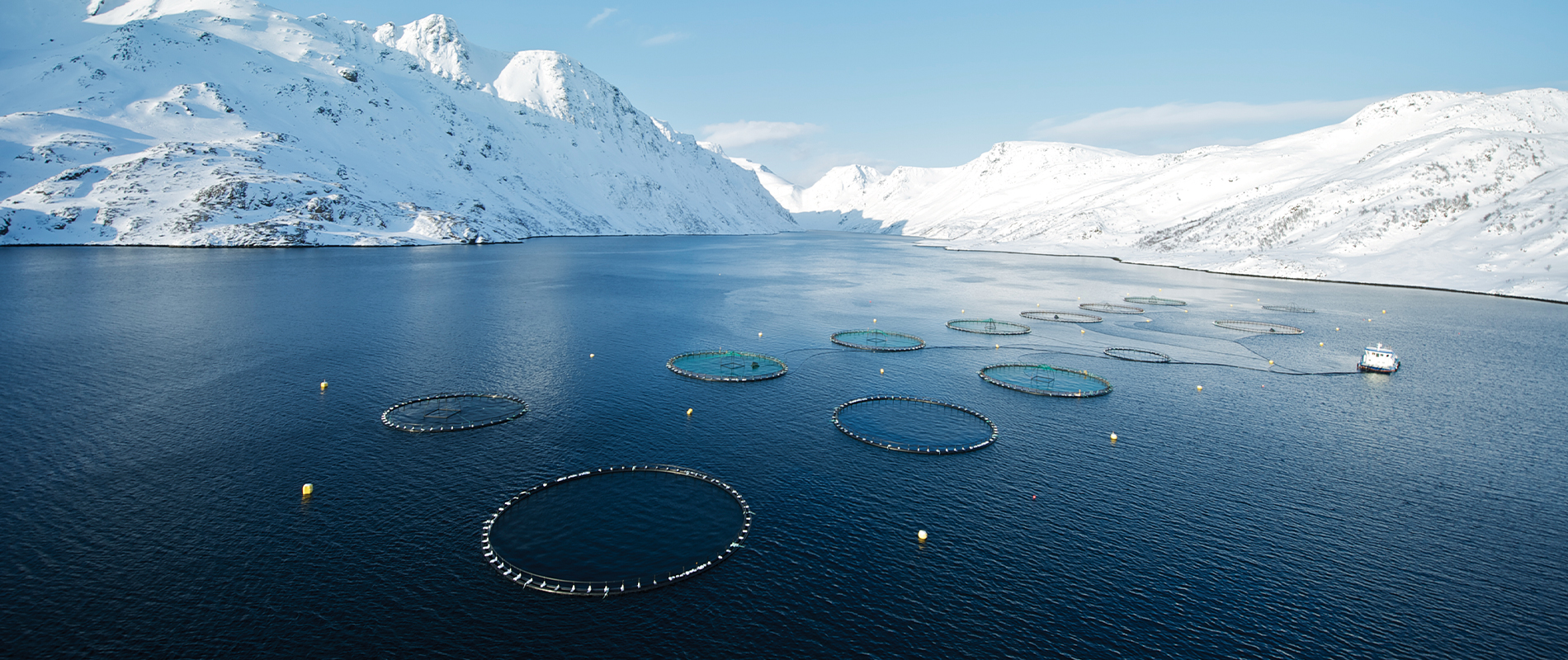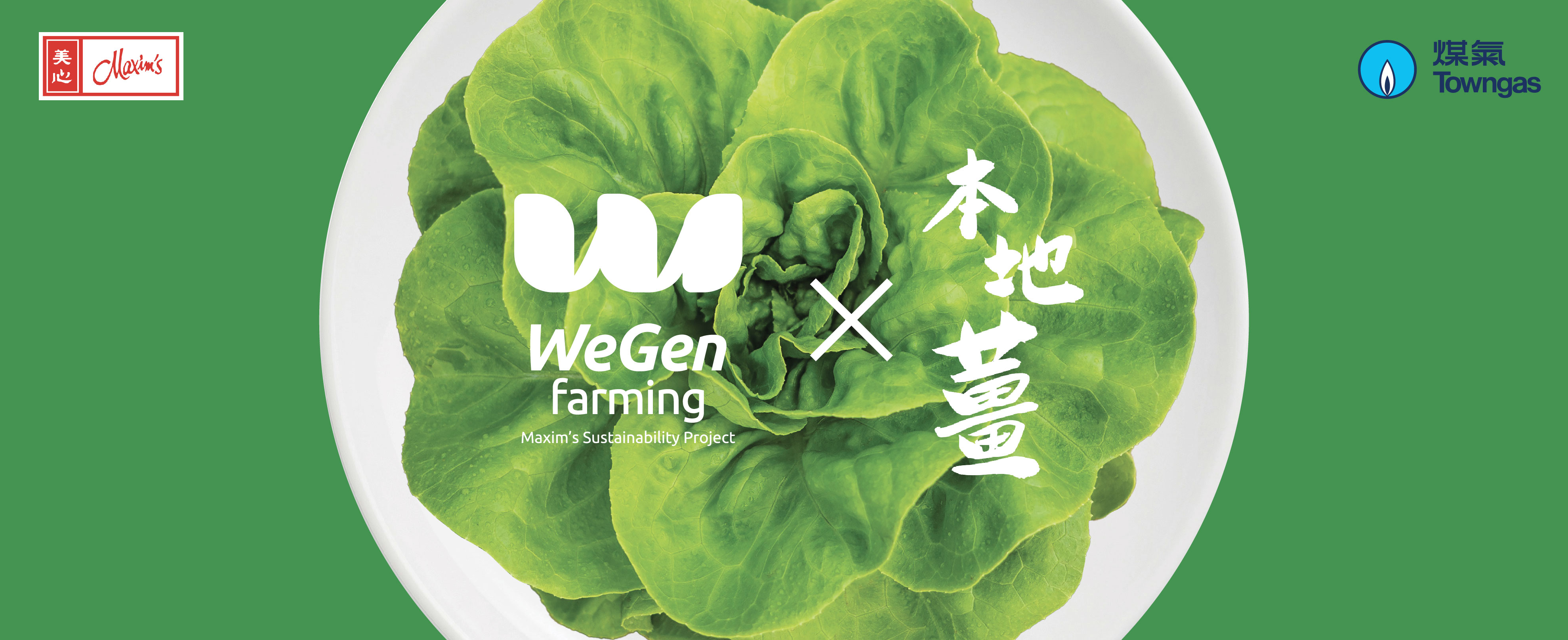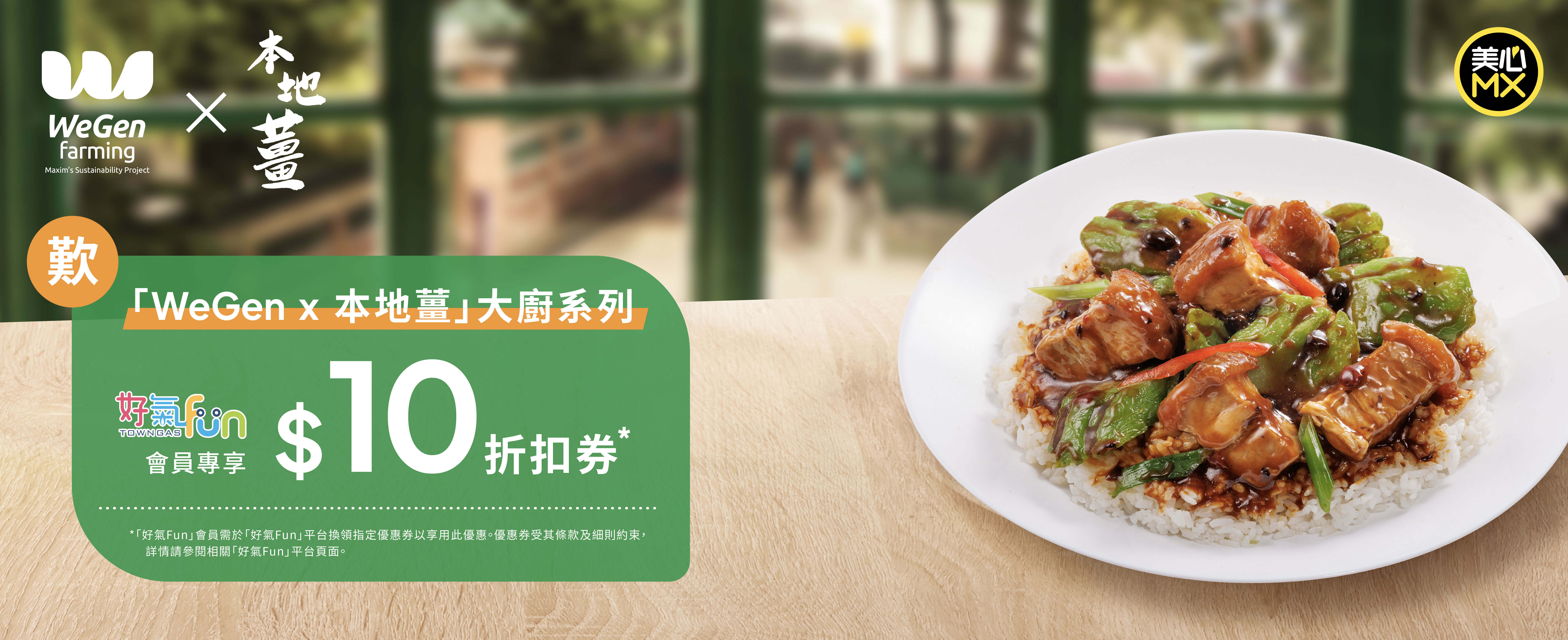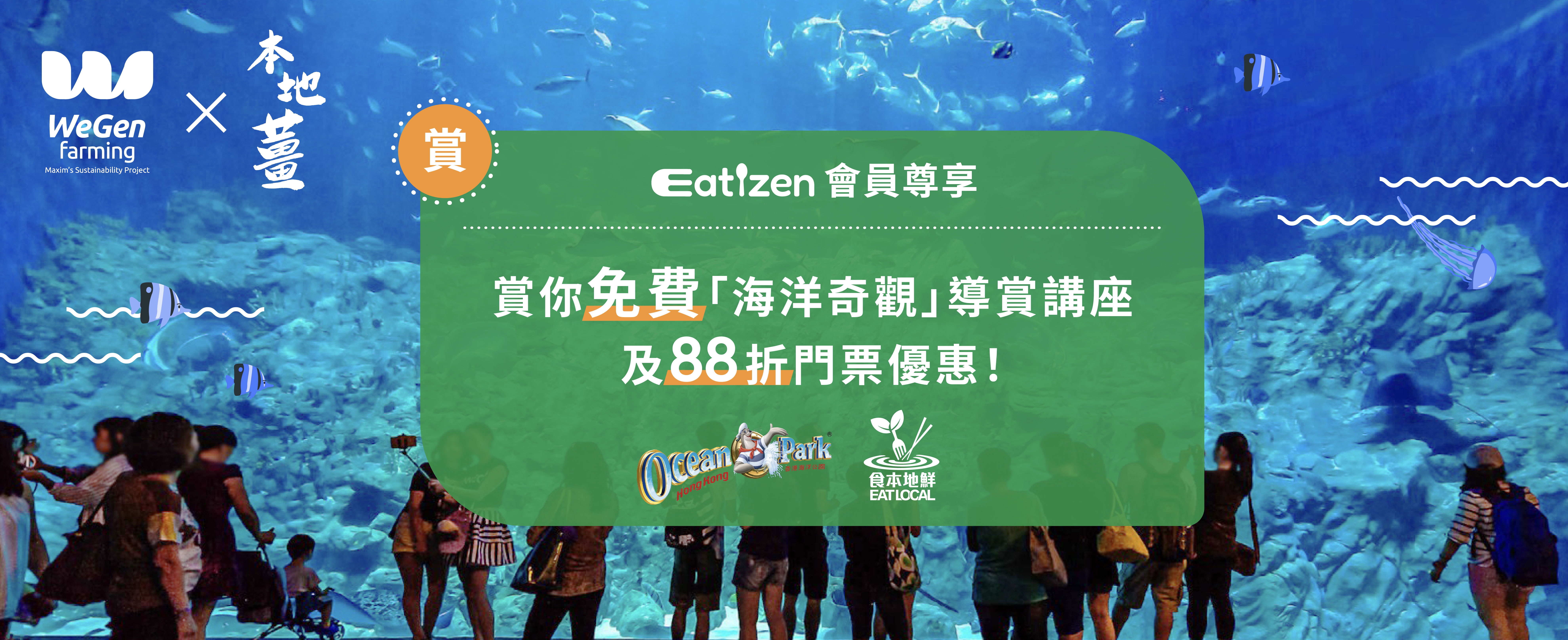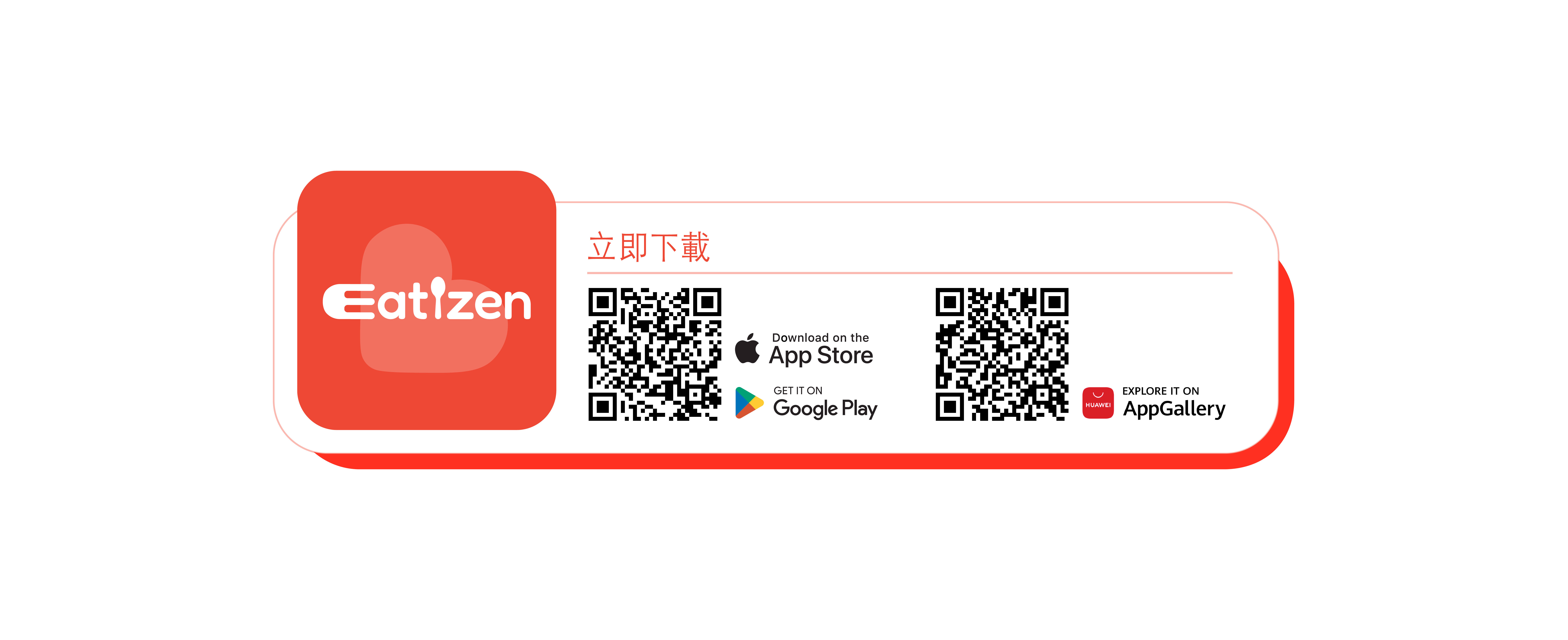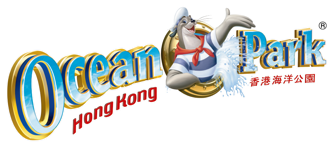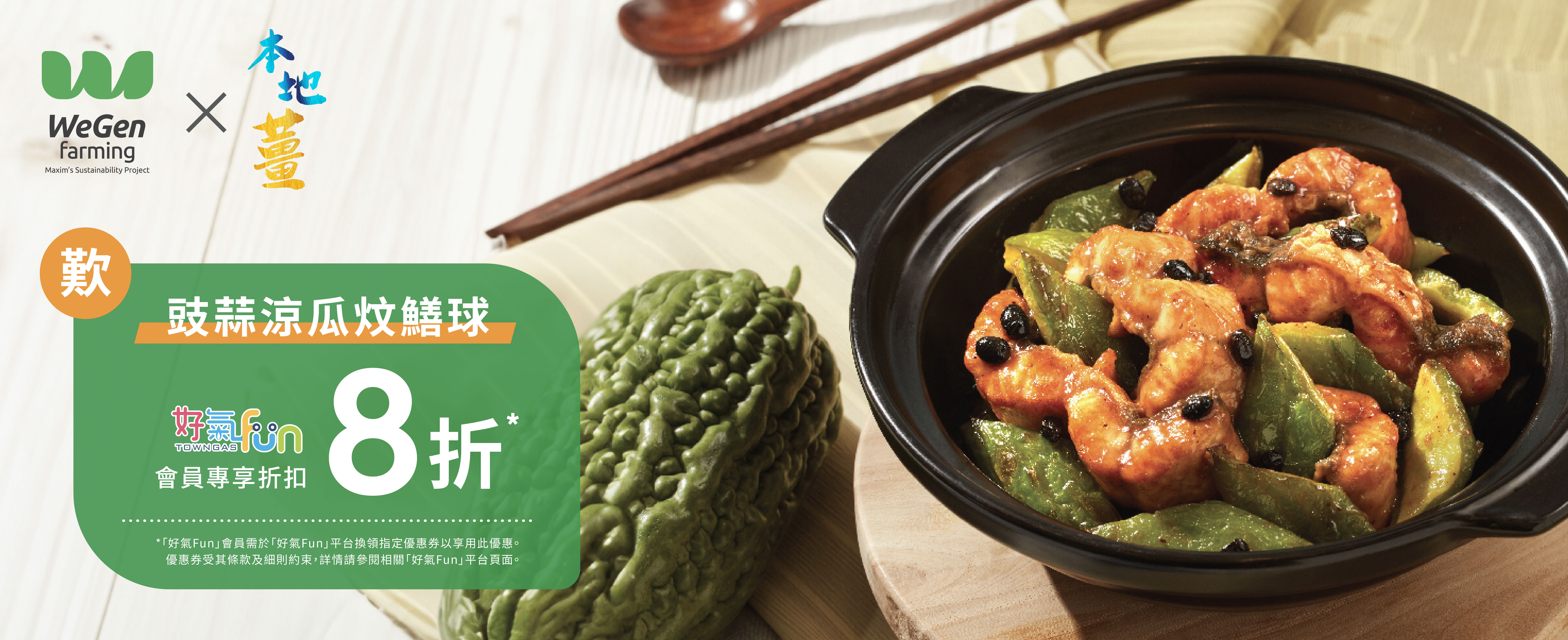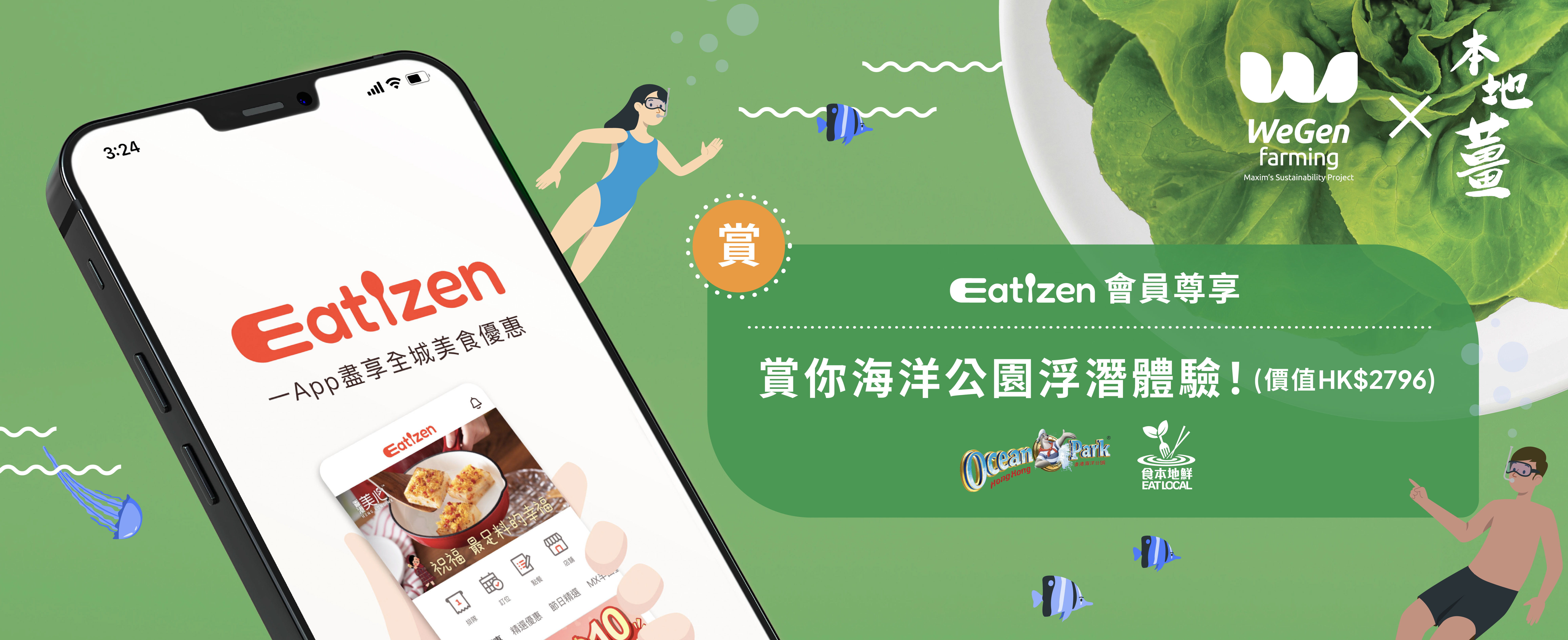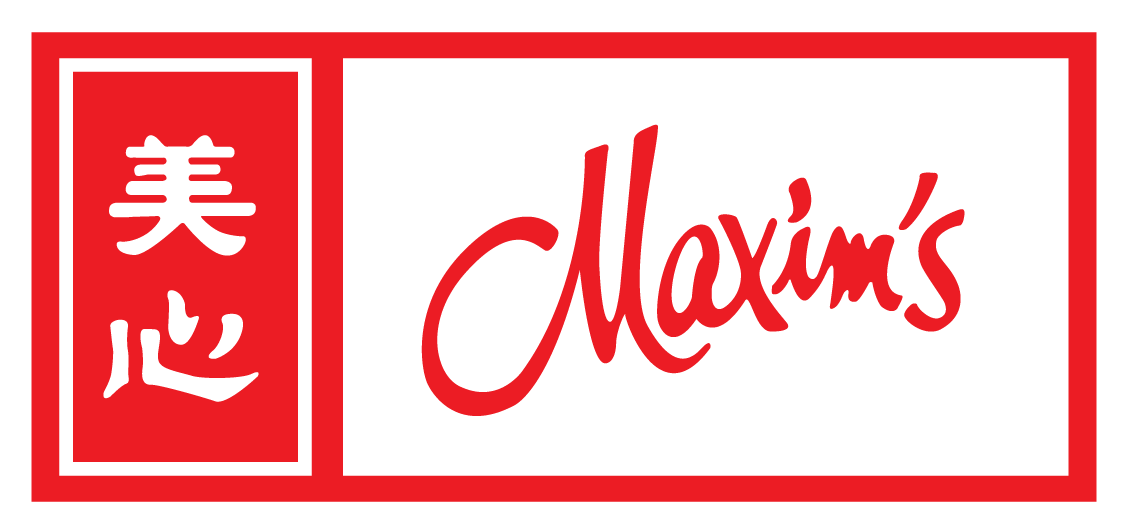Sustainable ingredients are not limited to the ingredients themselves, but also depend on the entire supply chain process, including planting or breeding planning, food packaging and logistics.
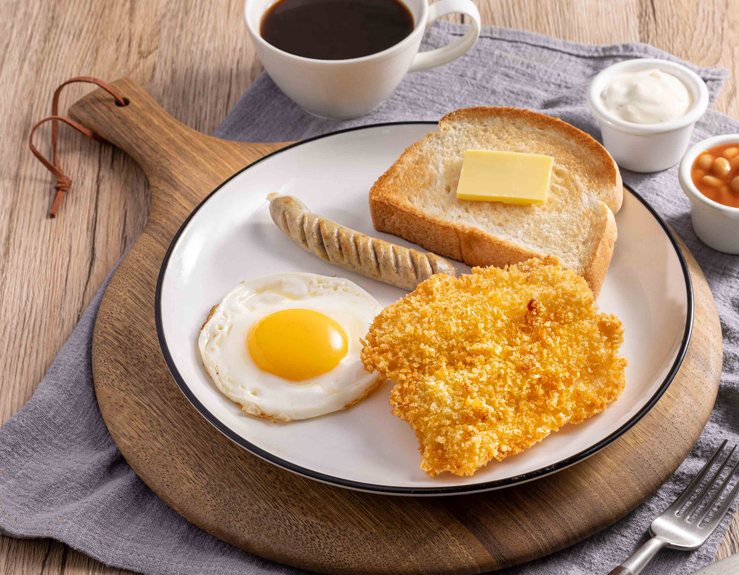
Head of Supply Chain of Maxim’s Group, Pippo Au, recalled the time when the Vietnam Fish Farm Partnership Programme was launched in 2014, “At that time, the entire food industry, especially the seafood market, was still not quite developed in terms of understanding and participation in sustainable ingredients. So, we took the initiative to be a pioneer, flying a cross-departmental team to Vietnam fish farms for many times for research and development,” said Pippo. “We also invited World Wildlife Fund (WWF)’s local consultation team to assist in the certification project. Eventually, thanks to the joint effort, one of our most popular items, fish fillet, obtained the sustainability certification from the Aquaculture Stewardship Council (ASC).”
To the company and diners, the certification shows the aquaculture farm’s commitment to food safety and environmental protection; to the participating aquaculture farm, the certification is a guarantee of sustainable business development. The person-in-charge of Vietnamese fish farm Grande Delta Pte Ltd, Seah Keng Hian, greatly values their partnership with Maxim’s Group.
"Our certified fish farm is in the heart of the Mekong River in Vietnam, covering an area of over 150 hectares. The fish farm is monitored by a stringent environmental pollution system to ensure biodiversity,” said Seah.
“In addition, the company has also made improvements in different areas, such as feed ingredients and ecological conservation. The certification requires continuous implementation of strict standards, that’s not easy to come by.” Without Maxim’s Group as their strategic partner, it would have been extremely difficult for the fish farm to transform as that would require massive resources.
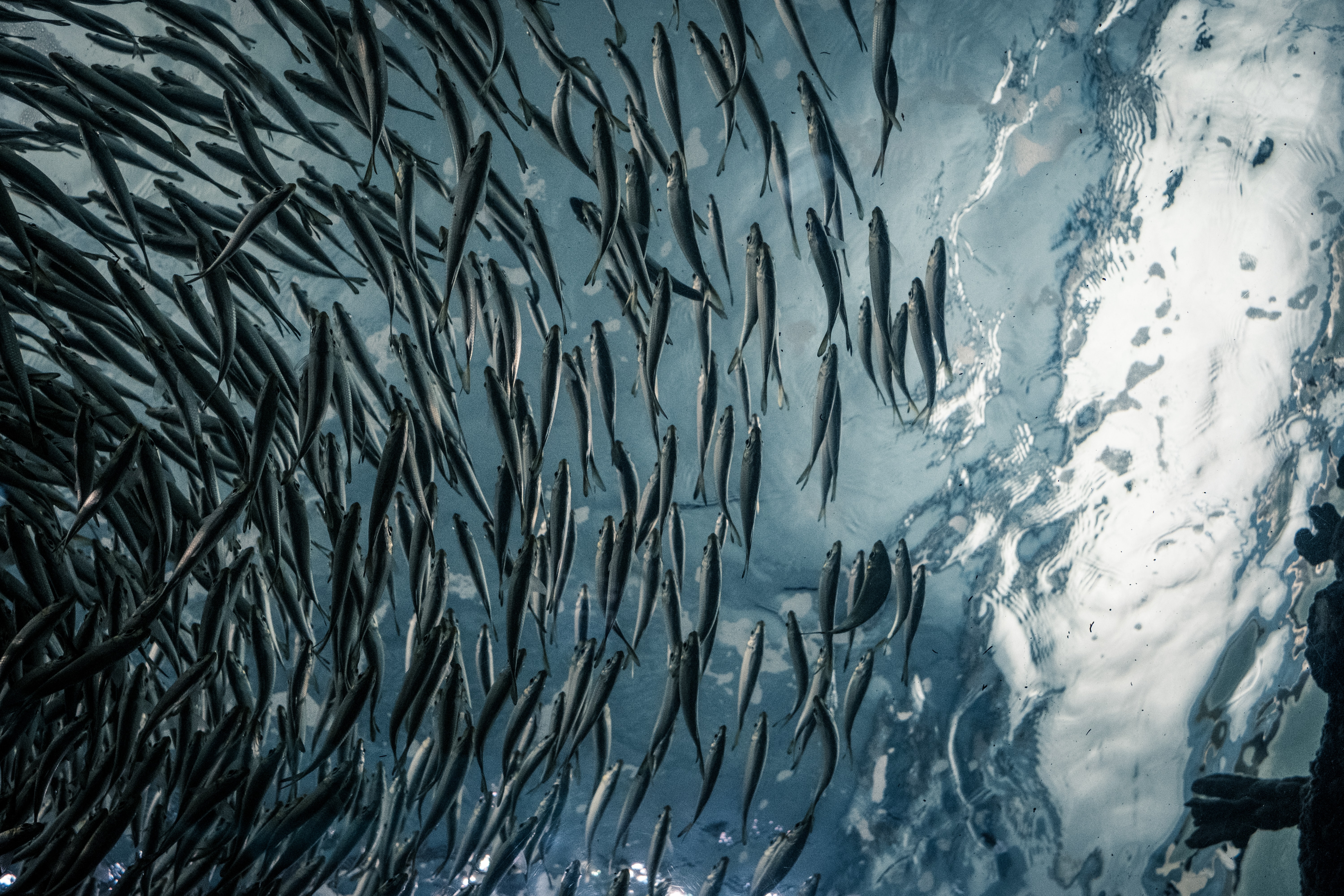
"To develop sustainable ingredients, we need to take three essential elements into account — the natural environment, community industry and supply chains, and our work includes assisting in building up well-regulated supply chains and adopting an eco-friendly production model,” said Pippo. “It is also important to work closely with certifying agencies and environmental protection organisations in the world. Keeping up with or even leading the market with the latest international standards for sustainable ingredients is also a very important link.”
Pippo pointed out that the list of sustainable ingredients currently used by Maxim's Group has been continuously expanding. For agricultural produce, the lotus seeds used in Hong Kong MX Mooncakes are the most significant item, there are also other vegetables and fruits. In addition to fish fillets, aquatic products also include salmon and a variety of seafood.
To ensure that the ingredients are fresh and environmentally-friendly, the key is not only to establish an excellent supply chain management system, but also build trust with partners and restaurant guests. Maxim's Group and its business partners around the world have always supported sustainable development. While enhancing the dining experience and brand value, it also hopes to make better changes for the planet step by step.


